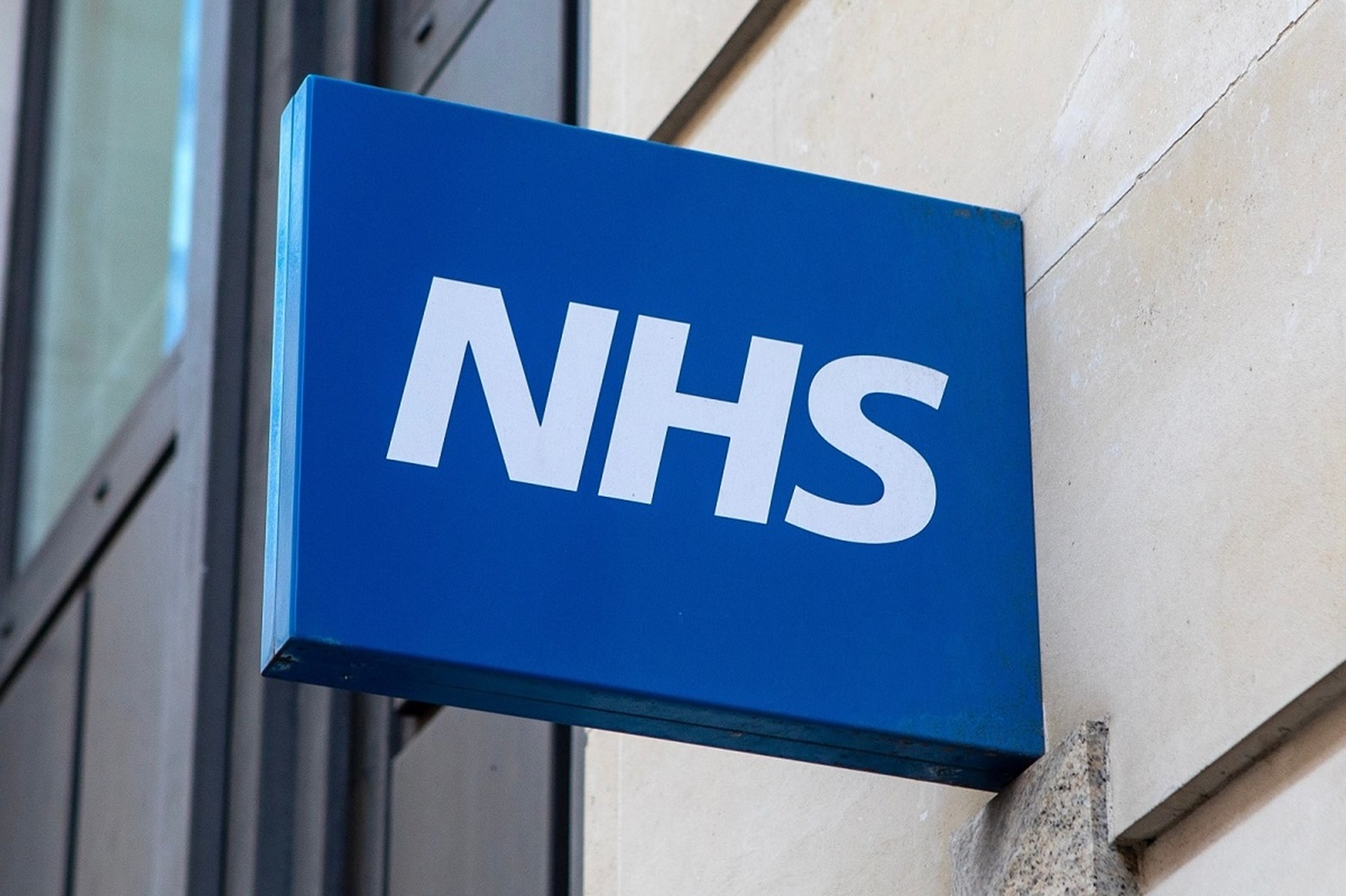Amid a contentious debate on transgender healthcare in the UK, the Cass Report has emerged as a pivotal document. It scrutinises the National Health Service’s (NHS) practices and stirs widespread public and professional discourse.
Introduction to the Cass Report

The Cass Report, led by Dr. Hilary Cass, investigates the NHS’s gender identity services, revealing significant concerns about the care provided to transgender youth.
The Context of Controversy

“The debate surrounding transgender rights and care in the UK has become a toxic mix of culture war posturing.”
The Aim of the Inquiry

Dr. Cass’s work aimed to evaluate the NHS’s gender care effectiveness and safety, particularly for children questioning their gender identity.
Findings on Medical Interventions

The report critically assesses the use of puberty blockers and cross-sex hormones, highlighting the “weak evidence” supporting their widespread use.
The Public Debate

“The toxicity of public debate surrounding transgender issues” is spotlighted as a detrimental factor affecting healthcare.
Quality of Care Concerns

Dr. Cass emphasises the need to improve the “quality of care provided to children who are struggling with their gender identity.”
Research and Positions

Cass criticizes the polarised use of research by both sides of the debate: “pointed to research to justify a position, regardless of the quality of the studies.”
The Professional Climate

“There are few other areas of healthcare where professionals are so afraid to openly discuss their views.”
The Role of Social Media

The report decries the role of social media in vilifying individuals and fostering a hostile environment for open discussion.
The Closure of Gids

Following the report, the NHS’s Gender Identity Development Services (Gids) at the Tavistock and Portman NHS mental health trust were closed.
A Holistic Approach

The inquiry advocates for a “holistic” approach, focusing on psychological support rather than immediate medical intervention.
Medical Pathways Critique

“For most young people, a medical pathway will not be the best way to manage their gender-related distress.”
Psychological Support Emphasis

The report calls for comprehensive psychological evaluations to identify other mental health challenges like depression or anxiety.
Transitioning Perspectives

The reflections of transgender adults on their transitions highlight diverse experiences, including empowerment and regret.
Urgency Versus Caution

“While some young people may feel an urgency to transition, young adults looking at their younger selves would often advise slowing down.”
Expanding Trans Narratives

“Some of the young adults said to us they wished they’d known when they were younger that there were more ways of being trans.”
The Medical Community’s Divide

The medical community in the UK is divided over the Cass report’s findings, and debates are ongoing about the evidence base for treatments.
Critique of Previous Practices

“Cass’s report has laid bare the worrying lack of evidence to support the treatments…for over a decade.”
The International Perspective

Dr. Aiden Kelly’s comments highlight the UK’s position as “out of step with the rest of the world” in terms of gender care practices.
The Role of Hormone Therapy

Recent studies contrast the report’s cautious stance by showing hormone therapy’s benefits in reducing depression and anxiety symptoms in transgender youth.
The Debate Continues

The Cass report fuels an ongoing, highly charged debate that impacts the lives of transgender individuals and their families deeply.
The post Report Slams NHS and Puberty Blocker Practices For Kids first appeared on Swift Feed.
Featured Image Credit: Shutterstock / SeventyFour.
For transparency, this content was partly developed with AI assistance and carefully curated by an experienced editor to be informative and ensure accuracy.

